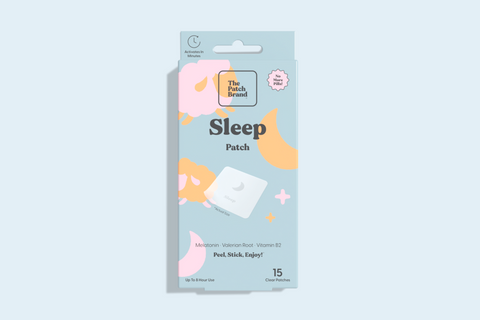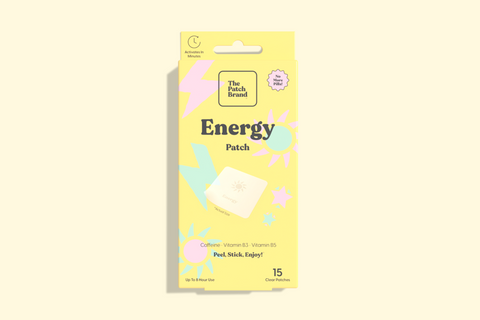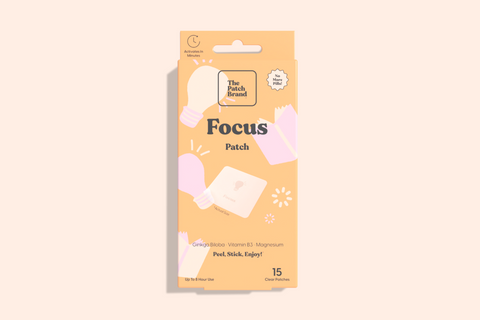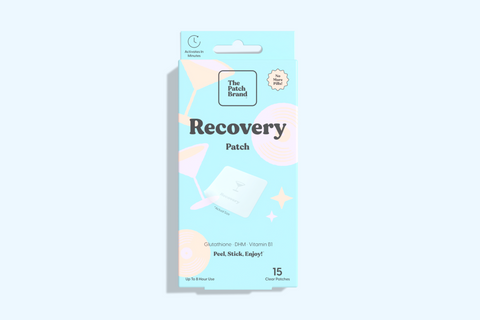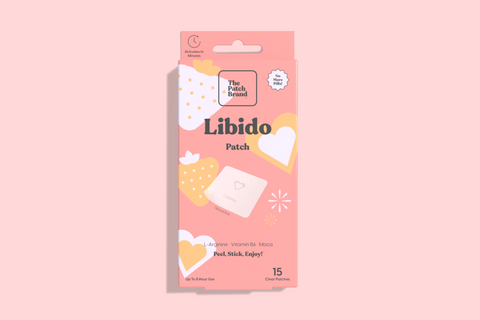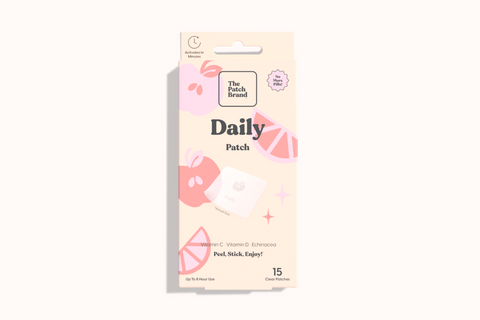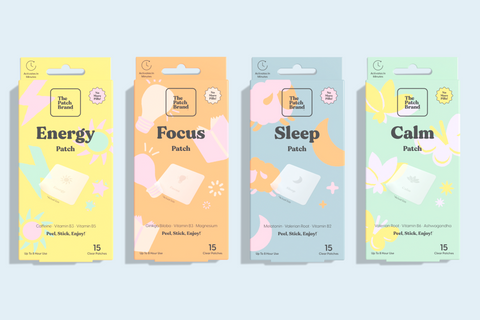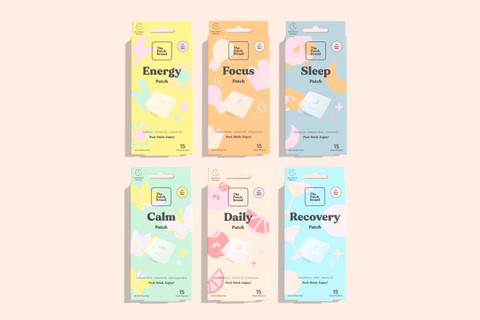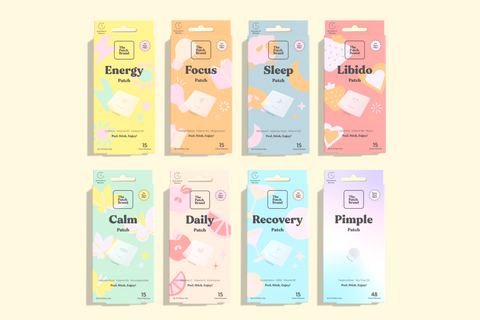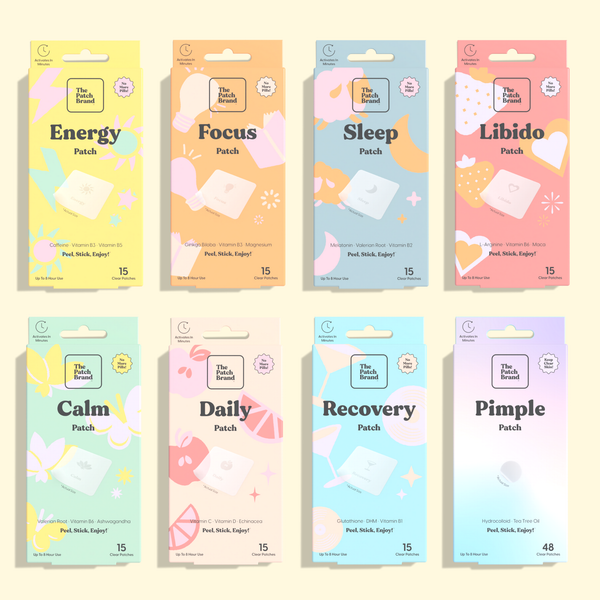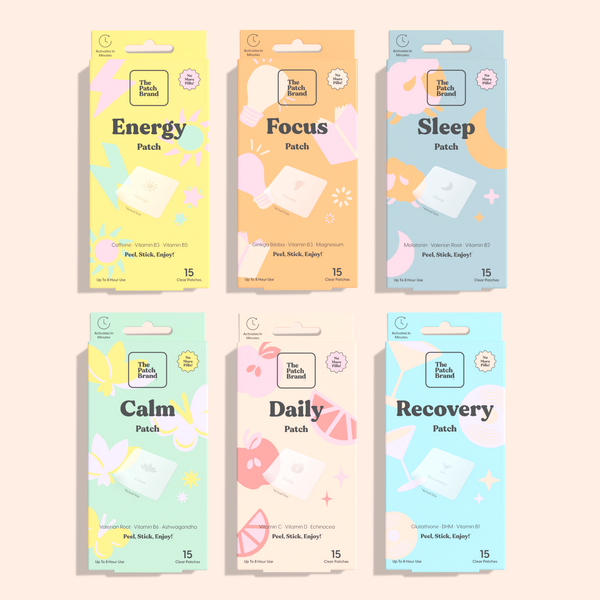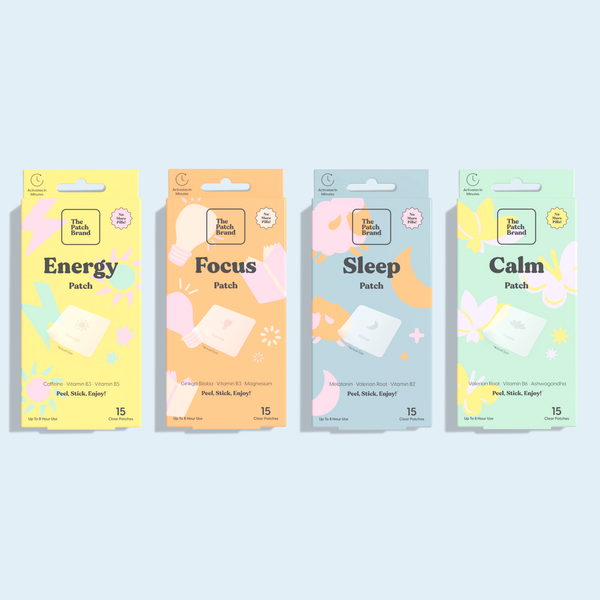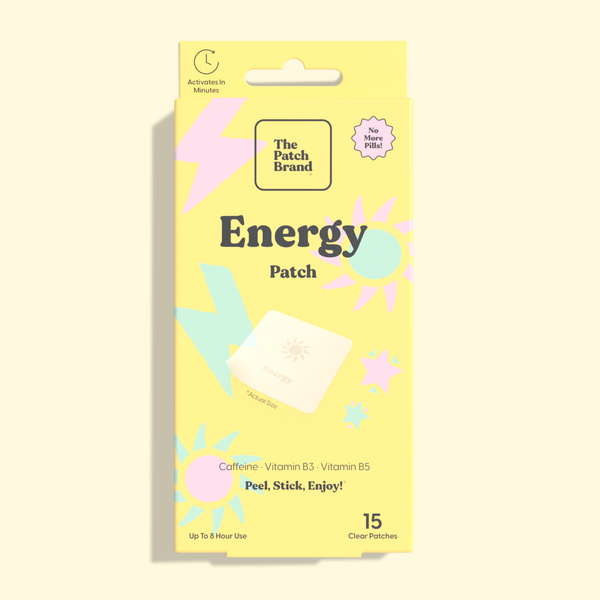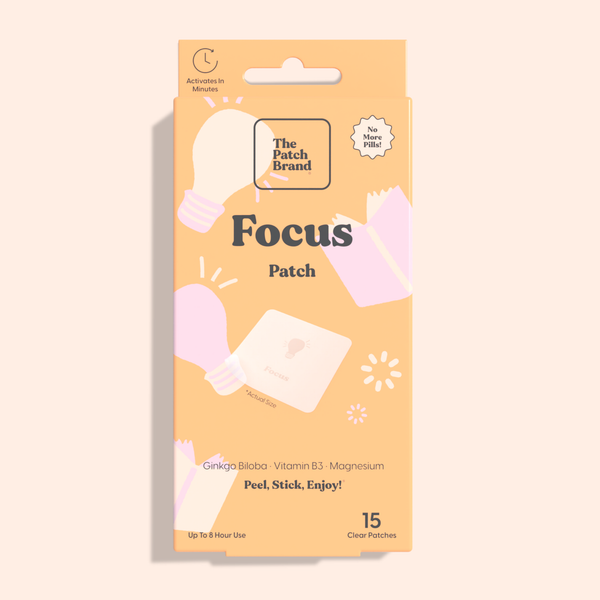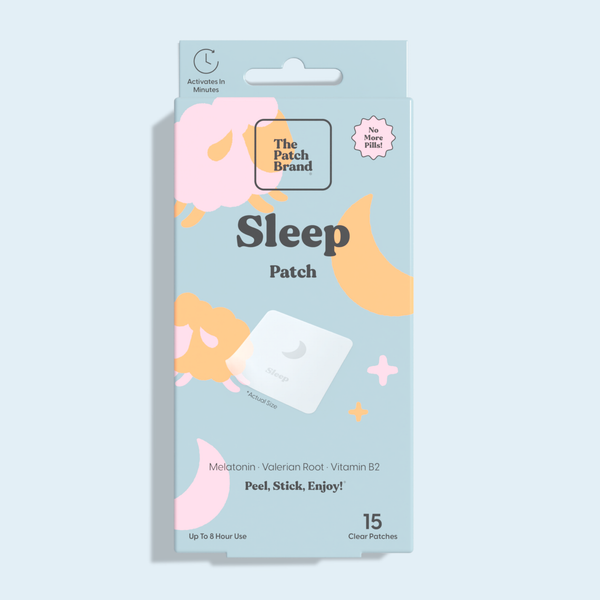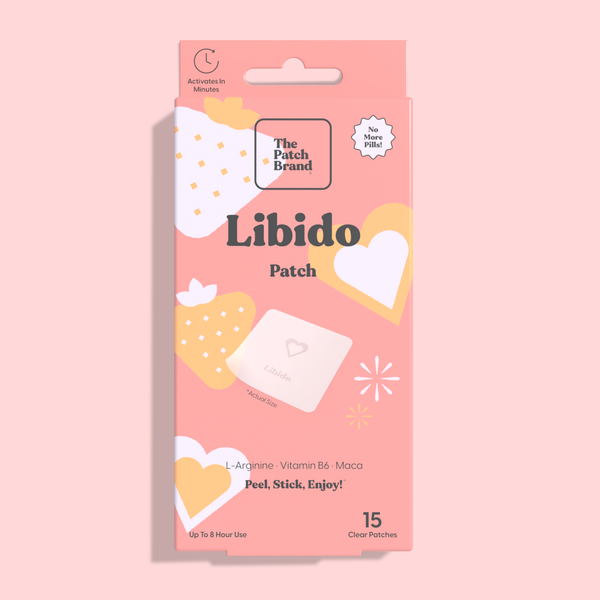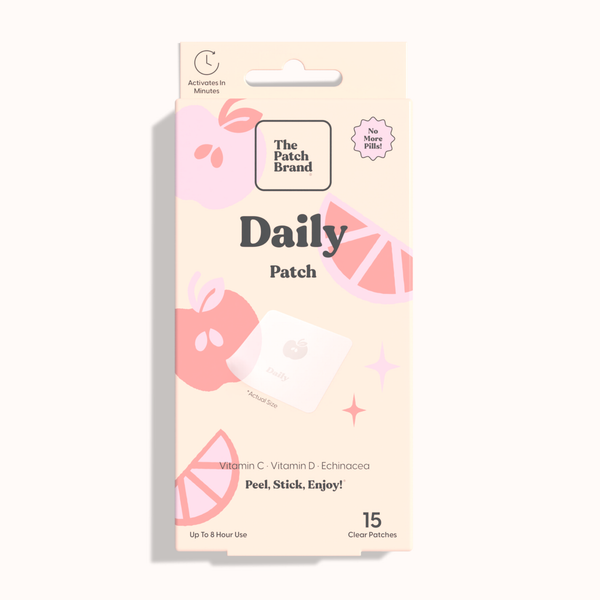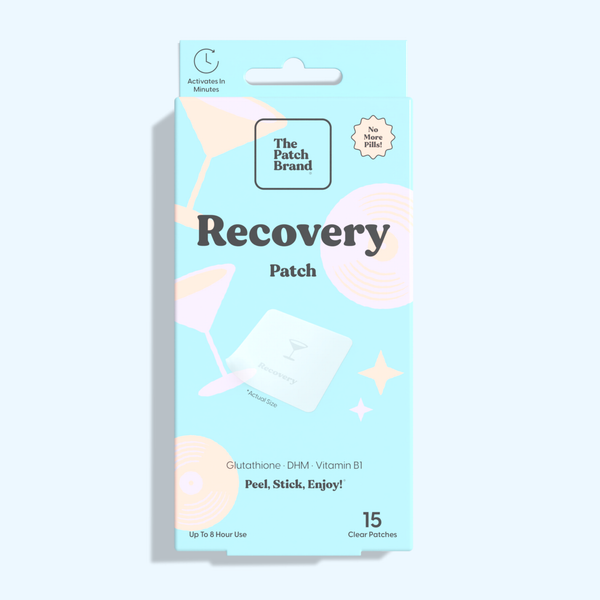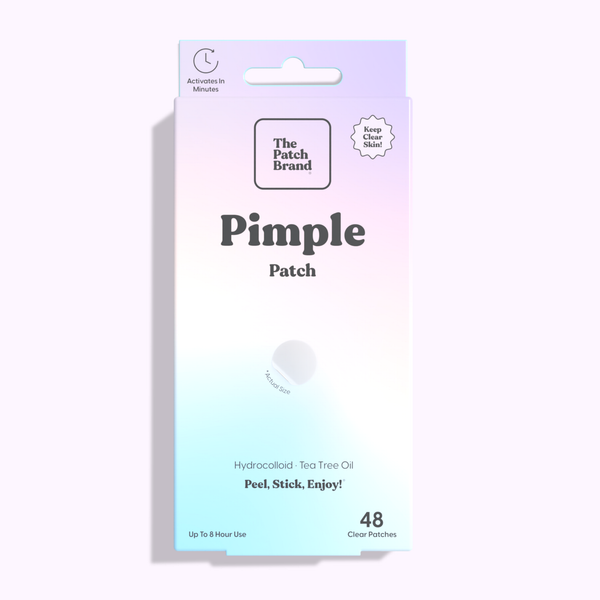Our brain is a powerhouse that manages every thought, movement, and sensation. It's constantly at work, even when we're asleep. For such a vital organ, optimal nutrition is crucial, and vitamins play a significant role in ensuring its health and functionality. Vitamins for improving focus and overall brain health aren't just beneficial; they're essential. These nutrients support the brain's structure and protect it from damage, allowing us to process information faster, remember more, and maintain concentration. By nourishing our brain with the right vitamins, we can enhance its ability to perform at its best.
The Science Behind Vitamins and Brain Health
Enhancing Neurotransmitter Synthesis
Neurotransmitters are the brain's chemical messengers, playing a pivotal role in mood regulation, thought processes, and overall cognitive function. Certain vitamins are key players in the production and function of these neurotransmitters. A deficiency in these vitamins can lead to diminished neurotransmitter production, affecting our ability to stay focused and mentally clear. Thus, incorporating adequate amounts of these vitamins into our diet can help enhance cognitive function and ensure our brain communicates effectively.
Improving Blood Flow to the Brain
Optimal blood flow to the brain is another critical aspect of maintaining focus and clarity. Vitamin B3, also known as niacin, for instance, helps widen blood vessels, improving blood flow throughout the body, including the brain. This increased circulation ensures that the brain receives more oxygen and nutrients, which are vital for its functioning. Enhanced blood flow not only supports cognitive activities but also helps in removing waste products from brain cells, therefore improving mental clarity and cognitive health.
Protecting Against Oxidative Stress
Oxidative stress refers to the damage caused by free radicals, which are unstable molecules that can harm brain cells. Vitamins C and E are powerful antioxidants that help neutralize these free radicals, protecting the brain from oxidative stress. This defense mechanism is crucial for preserving brain health and preventing cognitive decline. By safeguarding the brain cells from damage, these antioxidants support the maintenance of natural vitamins for brain health.
The Impact of Vitamins on Cognitive Performance
Vitamins have a profound impact on cognitive performance, influencing everything from memory and attention to problem-solving skills and reaction times. Vitamins for better focus contribute to the structural integrity of brain cells and the efficient functioning of neural pathways. Adequate intake of these vitamins ensures that our brain operates at its full potential, allowing us to achieve better focus, quicker information processing, and improved cognitive performance overall. This makes the role of vitamins for increasing attention span in our diet not just beneficial, but indispensable for anyone looking to boost their mental capabilities.
Key Vitamins for Boosting Focus and Clarity
B-Vitamins
They aid in the metabolism of carbohydrates, the primary fuel for the brain, into glucose. Among the B vitamins, B1 (thiamine), B6, and B12 stand out for their specific roles in brain health. Thiamine (B1) is vital for the metabolism of glucose and is directly involved in the production of ATP, the molecule that provides energy to cells. A thiamine deficiency can lead to reduced energy production, affecting brain function and leading to symptoms such as confusion, irritability, and memory problems.
Vitamin B12 is essential for maintaining the health of nerve cells and the production of myelin, the protective sheath around nerves. It helps in the repair and maintenance of neural pathways, ensuring fast and efficient signal transmission within the brain. A lack of B12 can lead to nerve damage and cognitive impairments, such as memory loss and decreased attention span. Ensuring an adequate intake of these vitamins for focus, either through diet or supplementation, can help in maintaining optimal brain function and potentially increasing attention span and cognitive abilities.
Vitamin D
Vitamin D's role extends beyond its well-known benefits for bone health; it is also crucial for brain function and mental health. It influences the expression of genes involved in neurotransmitter synthesis and nerve growth, and its receptors are widely distributed in the brain, particularly in areas involved in planning, processing, and forming new memories. Adequate levels of vitamin D are associated with a lower risk of developing cognitive impairments, making it an important focus vitamin. Furthermore, it plays a significant role in mood regulation, helping to prevent mood disorders.
Other Essential Vitamins for Mental Clarity
The significance of vitamins and minerals in supporting cognitive health cannot be overstated. While much attention is given to B vitamins, vitamin D, and antioxidants for their roles in enhancing mental sharpness, a broader spectrum of nutrients also contributes critically to brain function. Below are other essential vitamins and minerals that are pivotal for cognitive health:
-
Vitamin K: This fat-soluble vitamin is crucial for the synthesis of sphingolipids, a class of lipids that are abundant in brain cell membranes. Vitamin K's role extends beyond blood clotting, as it is involved in creating the structural components of the brain, contributing to the maintenance of cognitive functions as we age. Adequate intake of Vitamin K has been associated with improved memory and cognitive health, making it a vital nutrient for brain wellness.
-
Magnesium: Magnesium is a key mineral that supports over 300 biochemical reactions in the body, including those important for nerve function and neurotransmitter release. It acts as a gatekeeper for N-methyl-D-aspartate (NMDA) receptors in the brain, which are critical for nerve signal transmission and plasticity, an essential component of learning and memory. Studies have shown that magnesium levels are linked to cognitive function, and supplementation can improve memory and protect against cognitive decline.
-
Omega-3 Fatty Acids: These essential fatty acids are fundamental components of the phospholipid bilayer of brain cell membranes. They play a significant role in enhancing the fluidity of cell membranes, which is crucial for the proper functioning of brain cells. Omega-3s, particularly EPA and DHA, are known for their anti-inflammatory properties and their role in promoting new brain cell formation, contributing to improved cognitive function and reduced risk of neurodegenerative diseases.
-
Zinc: Zinc is a trace element that influences the brain and body in multiple ways. It is essential for the function of over 300 enzymes and is involved in neurotransmitter function, including the modulation of excitatory and inhibitory signals. Zinc also plays a role in the structural stability of proteins and cell membranes, contributing to the brain's health and cognitive functions. Adequate zinc intake is critical for neurodevelopment and can impact learning and memory.
The inclusion of these nutrients in one's diet highlights a comprehensive approach to cognitive health, underscoring the importance of a varied and balanced diet rich in vitamins and minerals. Ensuring adequate intake of these essential nutrients can support brain function and mental sharpness throughout life.
Innovative Delivery Methods for Focus Vitamins
Focus Vitamin Patches
In the quest for optimal cognitive function, the method of vitamin delivery can be as crucial as the vitamins themselves. A pioneering approach in this domain is the use of
focus vitamin patches. This innovative method allows for the direct absorption of vitamins into the bloodstream through the skin, bypassing the digestive system. This can be particularly beneficial for individuals who may have difficulties with oral supplements, such as digestive issues or nutrient absorption problems. The patches offer a steady release of vitamins over several hours, ensuring a consistent supply of nutrients.
The Benefits of Transdermal Vitamin Absorption
Transdermal absorption, or the process of absorbing nutrients through the skin, presents several advantages. Firstly, it mitigates the risk of gastrointestinal discomfort that can accompany oral supplements. This method also allows for a more controlled release of nutrients, potentially enhancing their bioavailability and effectiveness. For vitamins critical in supporting cognitive function and focus, the focus vitamin patch method ensures that the body receives these nutrients in a manner that may enhance their impact on how vitamins affect focus and clarity.
Natural Sources vs. Supplementation
Dietary Sources of Essential Vitamins
The foods we consume can have a profound impact on our cognitive functions, influencing everything from memory retention to problem-solving abilities. Below is a detailed look at key dietary sources of essential vitamins and minerals known to support brain health:
-
Leafy Greens: Spinach, kale, and Swiss chard are powerhouses of nutrition, loaded with B vitamins, antioxidants, and vitamin K. These nutrients are essential for brain health, supporting cellular function, and protecting against oxidative stress. Because leafy greens are high in vital nutrients for brain function, regular consumption has been linked to a slower rate of cognitive decline.
-
Fatty Fish: Fatty fish like salmon, mackerel, and sardines are rich in omega-3 fatty acids, particularly EPA and DHA, which are crucial for brain health. Omega-3 fatty acids help maintain the integrity of brain cell membranes, support neuroplasticity, and are involved in anti-inflammatory processes. Including fatty fish in your diet several times a week can contribute to improved memory, mood, and cognitive function.
-
Nuts and Seeds: Almonds, walnuts, and flaxseeds are not only delicious but also provide essential nutrients such as vitamin E, zinc, and magnesium. Vitamin E is a potent antioxidant that protects brain cells from oxidative stress, while zinc and magnesium play crucial roles in neurotransmitter function and brain signaling. Regular consumption of nuts and seeds can help support cognitive health and protect against cognitive decline.
-
Eggs: Known for their versatility and nutritional value, eggs are a great source of B vitamins and choline. Choline is particularly important for brain development and the synthesis of acetylcholine, a neurotransmitter vital for memory and learning.
-
Berries: Blueberries, strawberries, and other berries are rich in antioxidants and vitamin C, which are known for their cognitive benefits. Antioxidants help protect the brain from oxidative stress and inflammation, while vitamin C is important for the synthesis of neurotransmitters. Consuming berries regularly can help improve cognitive function and protect against age-related cognitive decline.
Incorporating these key dietary sources of essential vitamins and minerals into your daily meals can play a significant role in maintaining mental sharpness and focus enhancement. A diet rich in diverse nutrients supports not only cognitive function but also overall health, emphasizing the importance of a balanced and healthful dietary pattern.
When to Consider Supplements
While a well-rounded diet is the best way to receive nutrients, certain circumstances may necessitate supplement use. Factors such as dietary restrictions, age, health conditions, and increased nutrient needs can create gaps that supplements for mental focus can help fill. For those unable to consume a variety of foods due to allergies or preferences, or for individuals experiencing conditions that impair nutrient absorption, supplements offer a practical solution to meet their nutritional needs and support cognitive health.
Guidelines for Safe Vitamin Supplementation
Integrating vitamin supplements into one's daily regimen can be an effective way to address nutritional gaps and support overall health. However, navigating the world of supplements requires caution and informed decision-making to ensure safety and efficacy. Below are guidelines for incorporating supplements into your health routine responsibly:
-
Consult a Healthcare Professional: Before adding any new supplement to your routine, it's crucial to consult with a healthcare provider. This step ensures that the supplement is appropriate for your individual health needs and conditions. A healthcare professional can provide personalized advice based on your health history, current conditions, and medications, helping to identify any potential risks or benefits specific to your situation. This consultation is especially important for pregnant women, individuals with chronic health conditions, and those taking prescription medications, as certain supplements can interact adversely with medications or exacerbate existing conditions.
-
Quality Matters: The supplement market is vast and varied, with products ranging widely in terms of quality and efficacy. To ensure you are consuming safe and effective supplements, opt for products from reputable manufacturers that adhere to strict quality standards. Look for supplements that have been tested by independent third-party organizations such as USP (United States Pharmacopeia) or NSF International, which verify the purity, strength, and composition of the product. High-quality supplements are more likely to deliver the promised benefits without contaminants or inaccurate ingredient listings.
-
Follow Recommended Dosages: Each supplement comes with a recommended dosage, which is determined based on research to be both safe and effective. Exceeding these dosages can lead to adverse effects, including nutrient imbalances, toxicity, or interference with the absorption of other nutrients. It's important to adhere to the recommended dosages on the supplement label or those provided by your healthcare provider. If you're considering taking a higher dosage for a specific health condition, discuss it with your healthcare professional first to ensure it's safe.
-
Monitor Interactions: Supplements can interact with prescription medications, over-the-counter drugs, and even other supplements, sometimes leading to reduced effectiveness or increased risk of side effects. When consulting with your healthcare provider about starting a new supplement, be sure to provide a comprehensive list of all medications and supplements you're currently taking. This allows your provider to identify any potential interactions and adjust your treatment plan accordingly.
Safely incorporating supplements into your health routine requires careful consideration and informed choices. By following these guidelines, individuals can enhance their nutritional intake and support their overall health objectives while minimizing potential risks. Always remember that supplements are intended to complement a balanced diet and healthy lifestyle, not replace them.
Embarking on this path requires commitment and a willingness to explore and adjust as needed. It’s about more than just choosing the right supplements; it’s about embracing a holistic approach that considers the intricate interplay between diet, physical activity, mental exercises, and lifestyle habits. Through this comprehensive strategy, you can achieve and maintain optimal cognitive function, paving the way for a life filled with clarity, purpose, and achievement.



